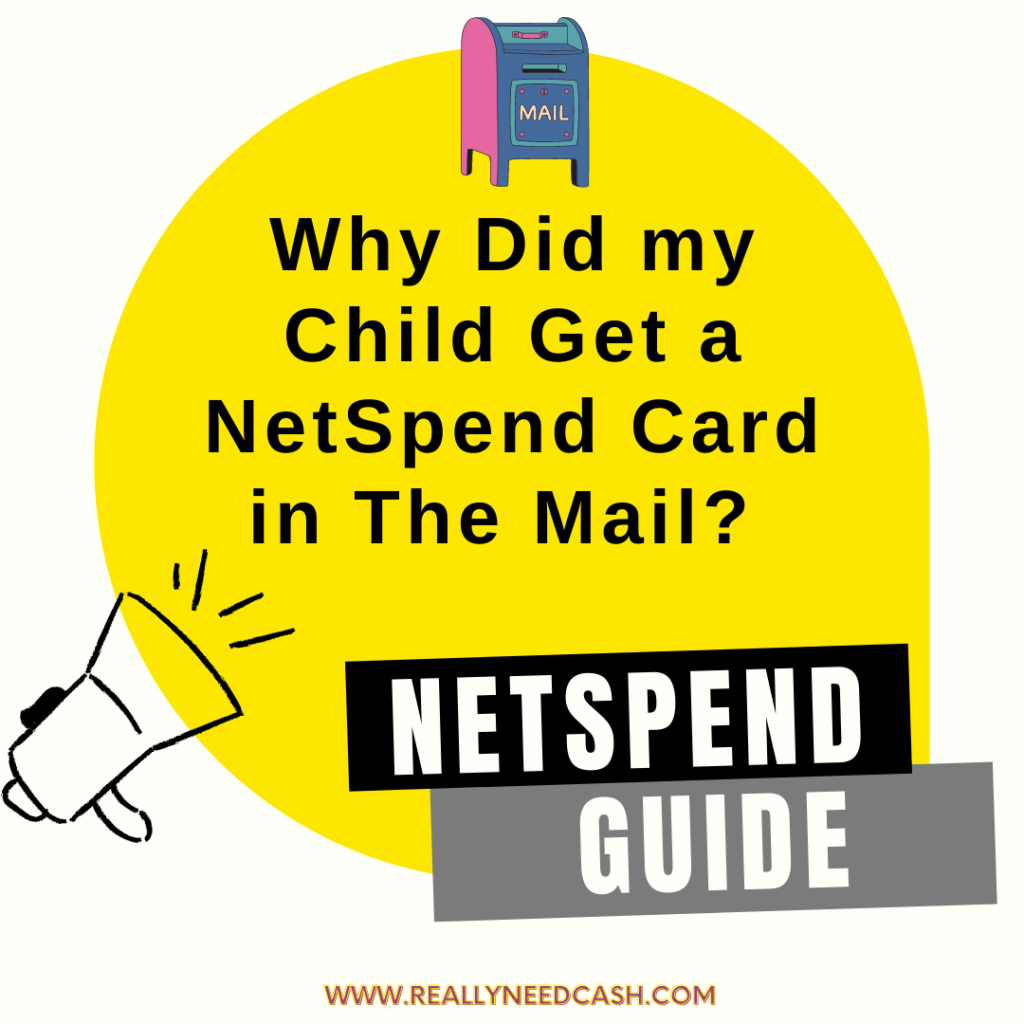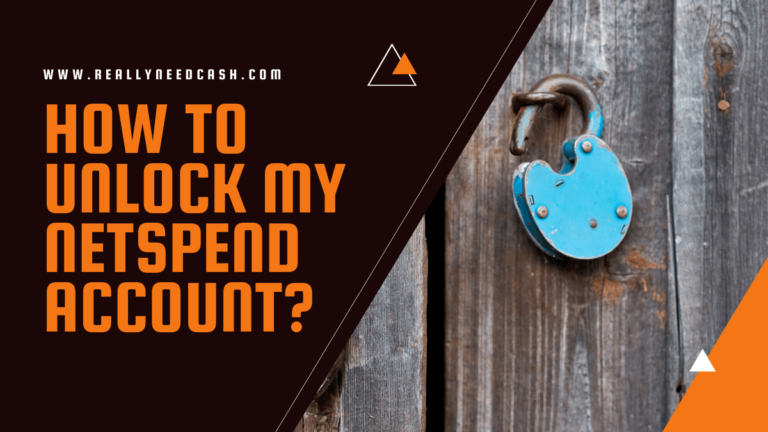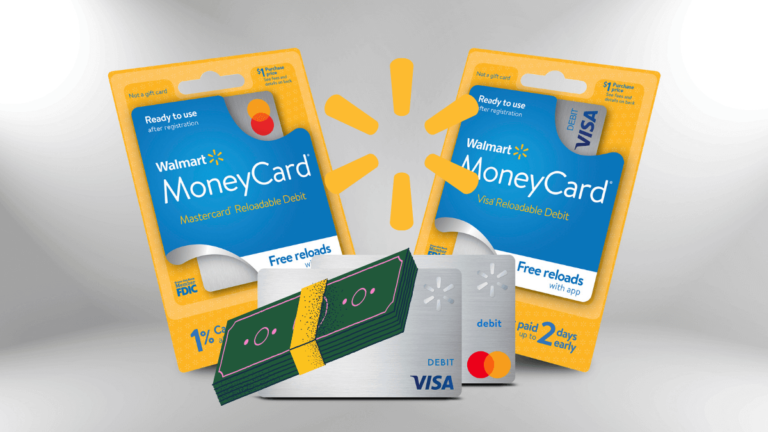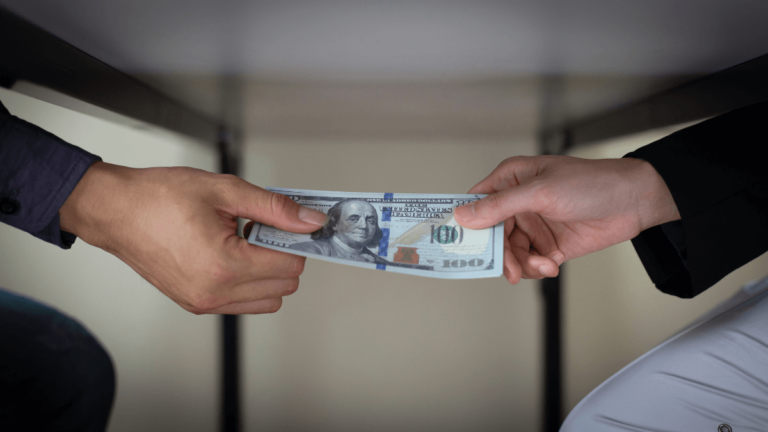Have you received a Netspend card addressed to a minor in the mail? Use this guide to figure out why (and why it’s probably nothing to worry about).
Your Child gets a NetSpend card in the Mail if your kid ordered a Netspend card on their own as all it needs is a name and address to order a card. Alternatively, it could be an affiliate marketing gimmick. If this is the case, cut the card up and throw it away.
Netspend is a prepaid debit card company that uses affiliate marketing services to find and reach new customers. Although minors should not be targeted, their information is sometimes gathered via these services. Your child may then be mistakenly sent a Netspend card, for advertising purposes.
Receiving a Netspend card you haven’t sent for can be a worrying moment. However, these cards are often sent as a way to attract new customers and have no real value. In many cases, a simple phone call to Netspend can sort the issue.
To keep your’s and your child’s finances safe, read this guide for what to do if a minor is sent a Netspend card.
Read: Why Do I Keep Getting NetSpend Cards In The Mail?

Can a minor use a Netspend card?
A minor can use a Netspend card, and some parents choose this option as a way to teach financial safety, and as a secure way to provide limited amounts of money. However, a minor can’t register or activate a Netspend card.
What to do if your child gets sent a Netspend card in the mail?
It can be a scary moment when your child gets sent a Netspend card in the mail. You will naturally feel protective and worry that your child has been a victim of fraud or identity theft. While it’s always important to be cautious in these situations, it’s more likely the card was sent by human error or a lack of judgment.
The first step is to check the details of the card. Is it already loaded with money, or is it waiting to be registered?
Next, you must speak to your child, especially if they have unsupervised access to the internet.
Netspend cards can be ordered online, so it’s possible your child may have tried to purchase their own Netspend card. The ordering process can be fairly simple and may have been completed without your child fully understanding what they were signing up for.
Having an open and honest conversation about how your child uses the internet may quickly answer the question as to where the card came from.
If your child is confident they haven’t ordered the card, you must consider other steps.
What to do when an inactive Netspend card is sent to your child?
If you’ve been sent an unregistered Netspend card, it’s possible your child has been an accidental target of affiliate marketing services.
This means their details have been collected and provided to Netspend as potential customers. Contact Netspend, and ask to be removed from their marketing services. No one under 18 should be able to activate a Netspend card without parental permission.
Netspend cards that are unregistered and yet to be activated can be sent out as marketing tools.
Although it is frustrating to have one sent to a minor, it rarely presents any real harm. Alert Netspend to the error, ask to be removed from the marketing list, and cut up the card.
What to do when a preloaded Netspend card is sent to your child?
A Netspend card that’s preloaded with money can be a pleasant gift to receive. But only if you’re expecting it. If the card is a surprise, there are a few steps to take.
First, ask around to see if anyone has sent the card. Loaded Netspend cards are sometimes sent as gifts, so you want to remove this probability from the equation. With any luck, a generous but forgetful relative will own up to the card.
Next, take a look at the fine print. It might be that this Netspend card is simply a marketing gimmick, with no actual value. Your child may have been sent the possibility to win money on a Netspend card. If this is the case, cut the card up and throw it away.
It’s likely that a prepaid Netspend card has been sent to you as part of a scam. It represents no real money and is designed as a way to access your credit information. Cut the card up, and report the scam to the Federal Trade Commission.
If you think your child has been a victim of identity theft, then you must contact the Federal Trade Commission. This can be done online, or over the phone.
What is an affiliate marketing service, and how does it affect your mail?
In many cases, if your child has received a Netspend card in the mail, it’s an accident of affiliate marketing. So, you might be wondering exactly what affiliate marketing is.
Affiliate marketing services are third-party publishers who earn money by providing a company with business and traffic. For Netspend, that means a third party will collect information when a customer signs up to receive marketing from another company and agrees to affiliate marketing. This information is then provided to Netspend, and they can advertise to a new customer base.
Netspend claims that they only receive a name and an address from these third parties, and it’s the duty of the affiliate to filter out minors. However, errors do occur, which can lead to a card being sent to a minor by mistake.
The good news is that a minor can’t activate a Netspend card by themselves. They need to be over 18 before they can register, or the card needs to be registered with a responsible party instead.
Final Thoughts
Generally, if your child is sent a Netspend card, it’s simply the result of human error.
Your child’s data will have been collected by an affiliate marketing service and provided to Netspend. Netspend then sent the card, with no actual value, as a marketing tool. If the child then went to activate the card, they’d have found themselves unable to complete the process.
It’s also possible that your child ordered the card from Netspend. An open conversation may be enough to solve the issue.
However, if you’re suspicious about the card, contact the Federal Trade Commission. They can collect reports of scams and potential identity theft, and help keep your finances safe.






